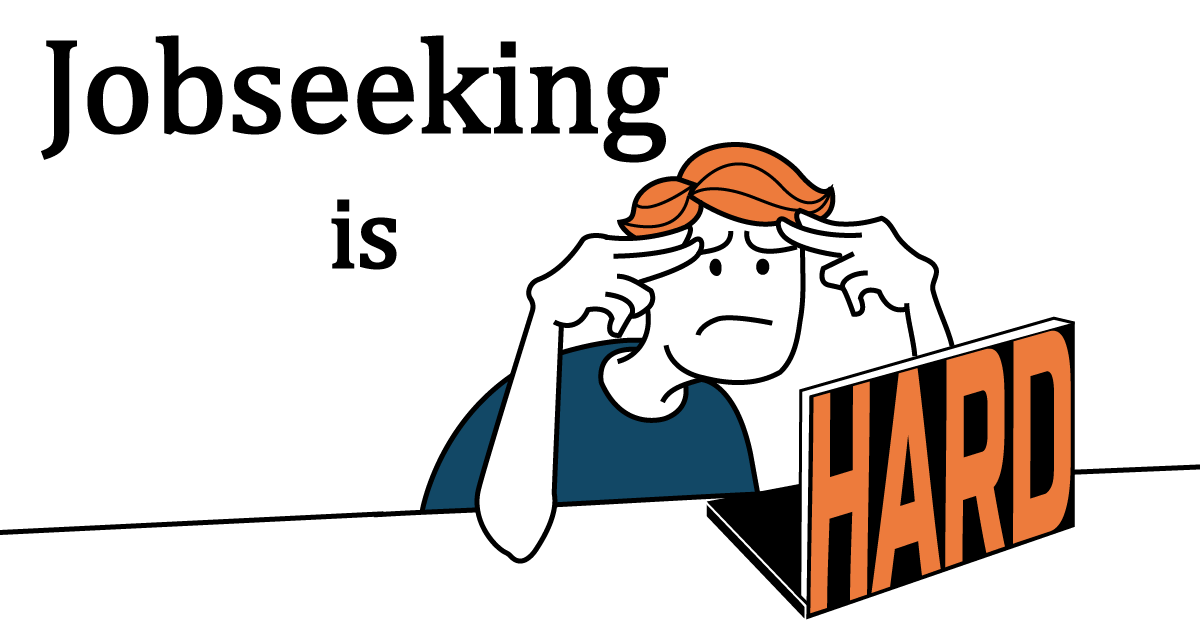- Jobseeking is Hard
- Posts
- #157 - Qualified Is More Than Keywords
#157 - Qualified Is More Than Keywords
Resumes need context, not skills...

Subscribe to Premium to read the rest.
Become a paying subscriber of Premium to get access to this post and other subscriber-only content.
UpgradeA subscription gets you:
- Subscriber-Only Discounts: Get exclusive promo codes for Karpiak Consulting services, available only to Premium subscribers. Whether you're updating your resume, need a LinkedIn profile review, or want expert help tailoring your applications, these occasional discounts make expert support more accessible.
- Extra Tips & Advice: Gain exclusive insights, strategies, and advice from a recruiter with over 20 years of experience in the field. Discover what hiring managers truly value and how to stand out at every step of your job search.
- Access to Previous Issues: Explore a library of knowledge with all 100+ past issues of the newsletter. Each edition is packed with proven strategies, practical advice, and real-world jobseeking stories to give you an edge in today’s competitive job market. From resume tips to handling tough interview questions, you’ll find answers to every challenge.
- Exclusive Q&A: Have questions about your job search? Premium subscribers can ask Adam directly! Questions will be featured in upcoming issues, with detailed answers tailored to real-world scenarios, ensuring you get the guidance you need.
- Bonus Content: As part of your Premium subscription, you’ll receive 20 additional job search tips delivered to your inbox over the next 20 days. This includes advice on avoiding common mistakes and maximizing your job search strategy to land interviews faster.

Reply